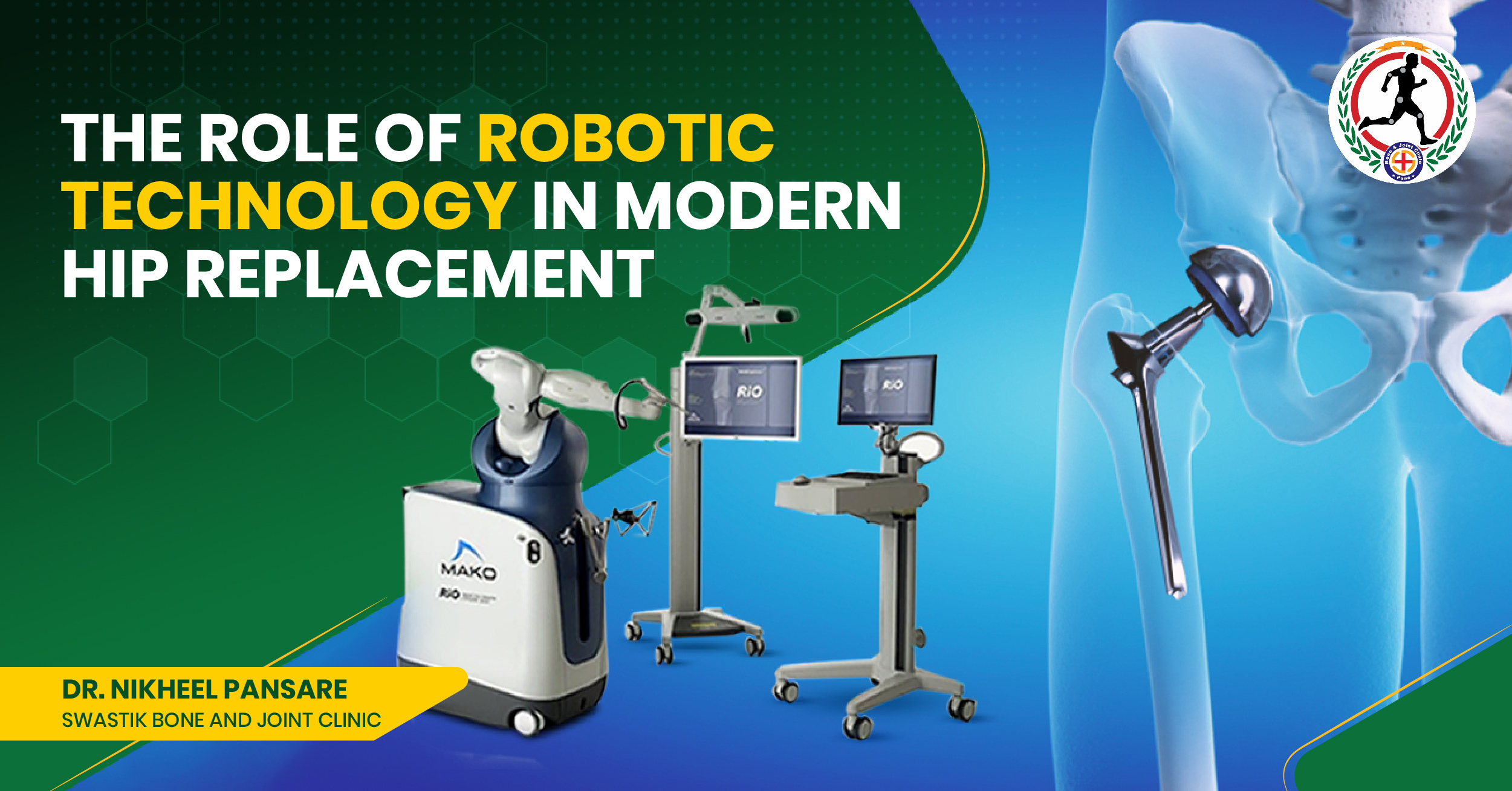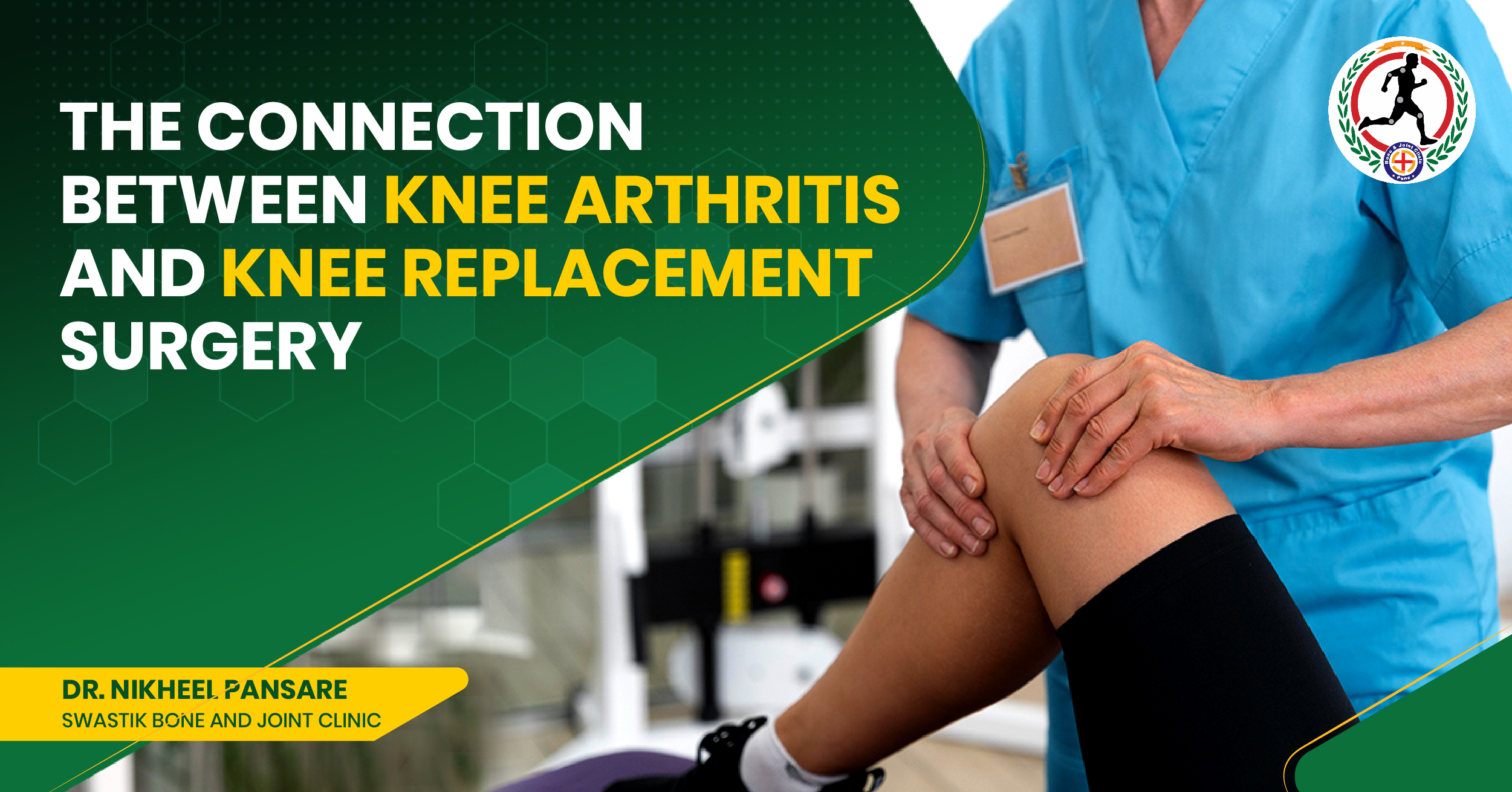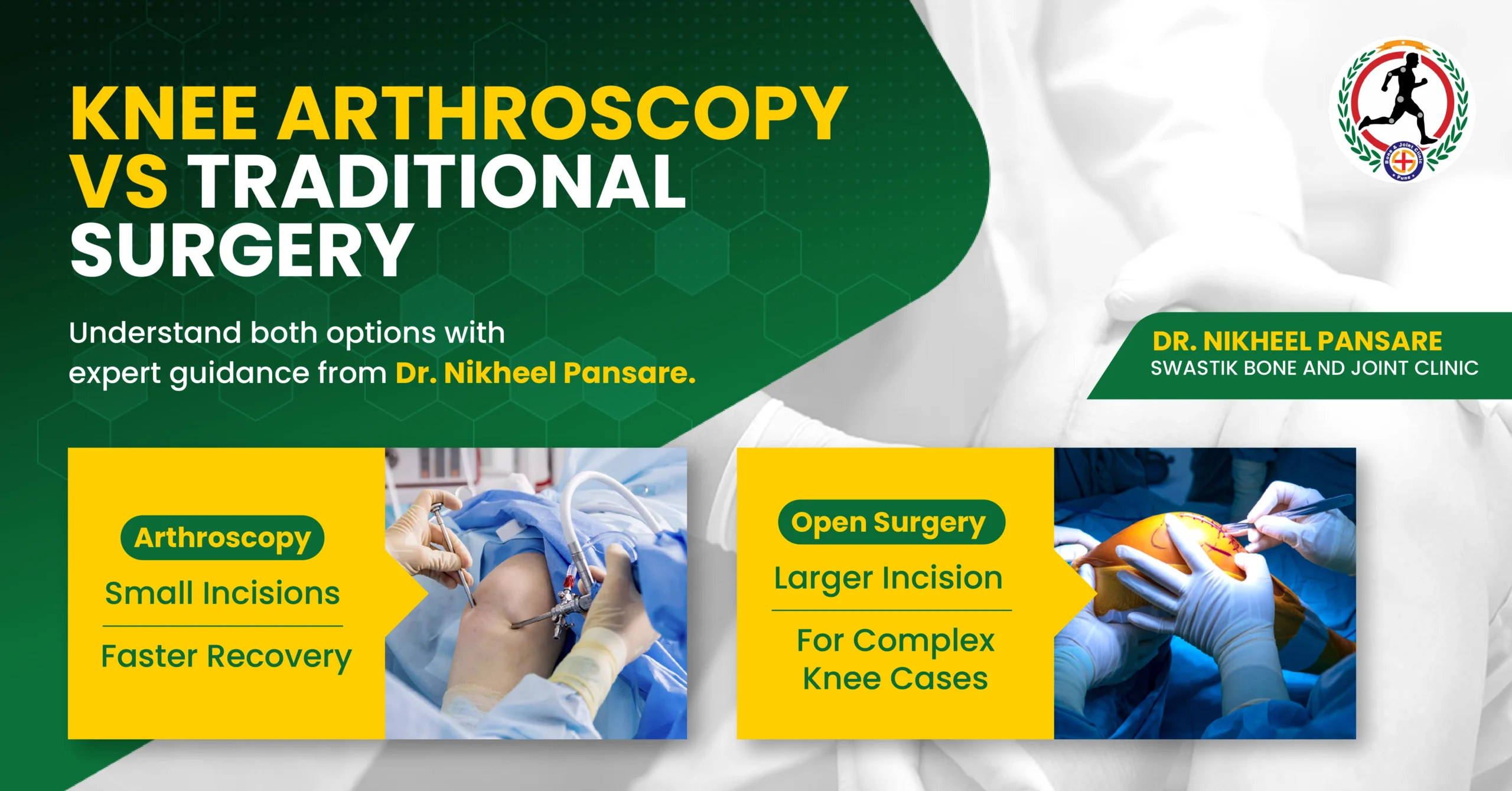Knee pain can be a real game-changer in our lives. When it’s persistent and interferes with our daily activities, it’s time to explore solutions. One highly effective option is knee replacement surgery. In this blog, we’ll walk you through what you need to know about knee replacement
Why Knee Replacement?
Knee replacement, also known as knee arthroplasty, is a surgical procedure designed to relieve pain and improve knee function. It’s typically considered in the advanced stage of arthritis when other treatments, like medications and physical therapy, no longer provide adequate relief.
Common Reasons for Knee Replacement
Osteoarthritis: This is the most common reason. Over time, the protective cartilage in your knee can wear down, leading to pain and stiffness.
Rheumatoid Arthritis: This autoimmune disease can cause chronic inflammation in the knee joint, leading to joint damage.
Post-Traumatic Arthritis: If you’ve had a severe knee injury in the past, it can increase your risk of developing arthritis in the affected joint.
Other Conditions: Certain bone disorders, like avascular necrosis, and knee deformities can also lead to the need for knee replacement.
The Procedure
During knee replacement surgery, the damaged portions of the knee joint (typically damaged cartilage layers and cushions) are replaced with artificial components. These components are made of metal alloys and high-grade polyethylene. They are designed to mimic the function of a healthy knee joint.
The surgery typically takes an hour, and you may stay in the hospital for a couple of days for initial recovery.
Recovery and Rehabilitation
After surgery, a well-structured rehabilitation plan is essential. Physical therapy and exercises will help you regain strength and mobility in your knee.
Why Choose Dr. Nikheel Pansare?
When it comes to knee replacement surgery, the choice of surgeon matters. Dr. Nikheel Pansare is a leading orthopedic surgeon in Pune, specializing in Joint replacement surgeries. His expertise and surgical skills ensure you’ll receive top-quality care.
If you’re searching for a knee specialist in Pune or the best knee replacement surgeon in Viman Nagar near Kharadi, Pune, your search can end here. Dr. Pansare’s dedication to your well-being and his utilization of the latest surgical techniques will help you regain your mobility and lead a pain-free life.
In conclusion, knee replacement surgery can be a life-changing solution for chronic knee pain. If you’re considering this procedure, trust Dr. Nikheel Pansare at Swastik Bone & Joint Clinic to guide you through the process and provide the expert care you need for a brighter, pain-free future.








